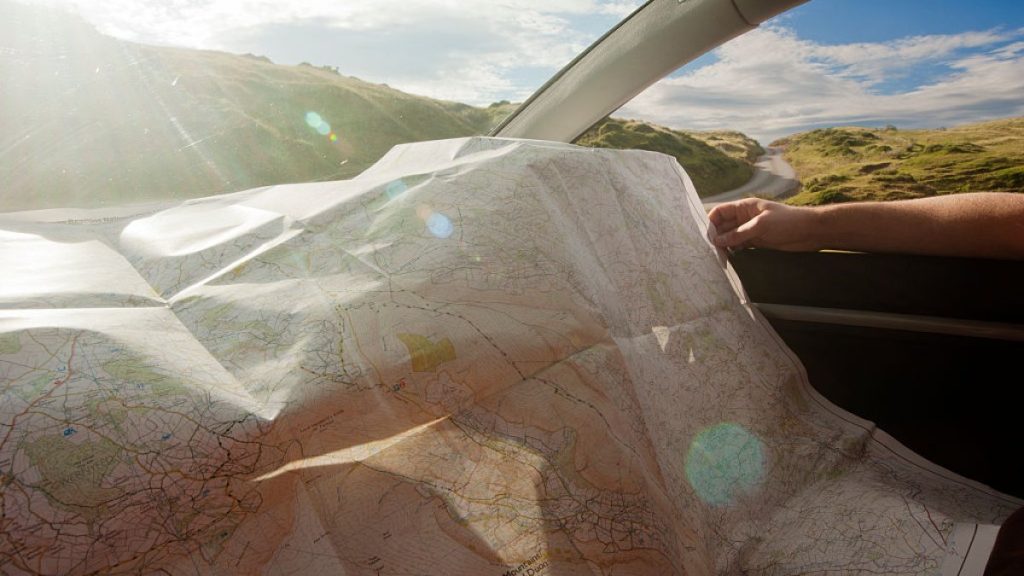What there is to know
- The unofficial start of summer is fast approaching, and with it comes an expected increase in the number of travelers by plane and car.
- As temperatures rise, National Highway Traffic Safety Administration reminds summer drivers of some tips to keep travelers safe on the road and in hot weather, especially if you are traveling by car to your vacation destination or decide to take road trips.
- One of the most important tips is to make sure your vehicle's air conditioning system is working.
The unofficial start of summer is fast approaching, and with it comes an expected increase in the number of travelers by plane and car.
As temperatures rise, the National Highway Traffic Safety Administration reminds summer drivers of some tips to keep travelers safe on the road and in hot weather, especially if you are traveling by car to your vacation destination or decide to take road trips.
According to the NHTSAyou can prepare your vehicle for your hot weather trip by check that your air conditioner is working properly because a lack of air conditioning on a particularly hot day could be dangerous or even fatal for you and your passengers, especially those with underlying health conditions, children and the elderly.
Additionally, NHTSA warns you that you should NEVER leave children alone in the car, which can cause heatstroke. According to the NHTSA, even in 60-degree weather and with the windows open, temperatures inside a vehicle can reach deadly levels.
The administration also recommends that drivers inspect belts and hoses before and during a trip, as high temperatures can degrade rubber belts and hoses, posing a hazard. Make sure there are no bulges, blisters, cracks or cuts in these parts and be sure to replace them if there are signs of wear.
It is also important that you check for car recalls and make sure your vehicle is in order. Additionally, be sure to maintain your vehicle regularly and check the battery and charging system, especially if your car is fully electric.
If you are traveling long distances or on a road trip, make sure you pack an emergency kit which includes a cell phone and charger, first aid kit, flashlight, jumper cables, non-perishable food, water and other items needed in the event your vehicle breaks down. You also need to know how to use your vehicle's driver assistance technologies.
Drivers should also keep the gas tank as close to full as possible.
For more tips on summer travel safety, visit Summer Driving and Road Trip Tips.


